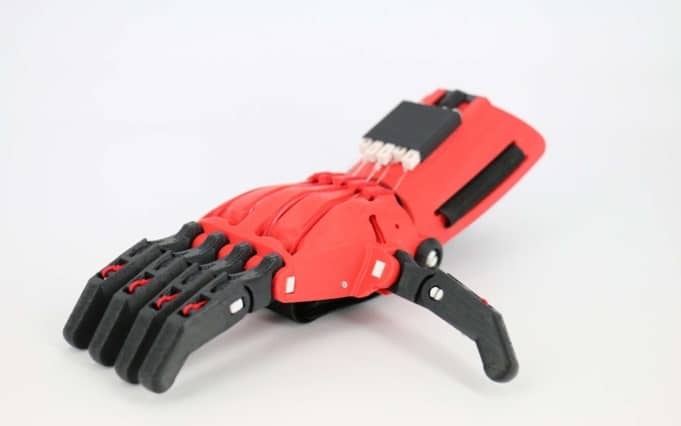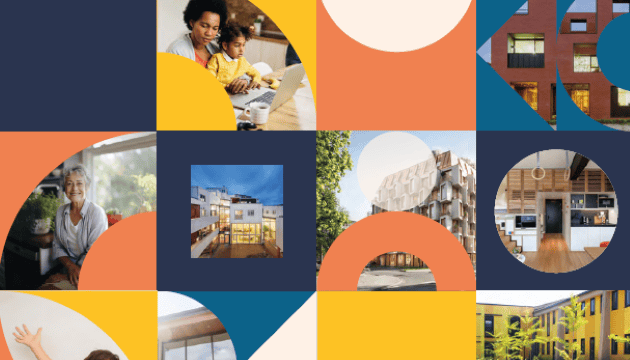
Living labs are good for your health!
3 minutes of reading
Do-it-yourself projects are good for your health. Specifically, they can help improve the lives of patients. That is how living labs can help the medical field. These are “third places” dedicated to innovation. Their methodology brings together ordinary citizens, public and private actors, aiming to test services, tools, and new uses in real life.

This movement developed in the 1990s with, for example, the Approche association at the Kerpape rehabilitation centre (in Morbihan, France) where engineers develop robotic prosthetics with patients.
These associations gained structure in 2006 with the European Network of Living Labs ENoLL, or European Network of Living Labs. Since then, there has been an unprecedented boom in these structures in the medical field.
In Tokyo, the FabNurse from Keio University prints 3D personal care items designed with patients. In the United States, the Maker Nurse platform unites weekend DIYers with hospital staff. In Switzerland, the biologists at GaudiLabs designed an affordable lab, for example, transforming a webcam into a microscope and manufacturing a centrifuge using a hard disc drive motor.
Nicolas Huchet and his association My Human Kit, based in Rennes, France, have gained international recognition for their work on 3D printed prostheses. And now, they are tackling motorised wheelchairs using old electric bicycles.
Other living labs are within medical institutions, like at the The LUSAGE research lab for technology and geriatric health Broca Hospital in Paris. Its engineers shadow hospital staff to improve interactions between patients, caregivers, and robots. During 48-hour hackathons, they develop innovative solutions such as movement detection to control touch screen devices.
But while living labs make it possible to rapidly develop prototypes, they face challenges as soon as they try to scale up. That was the case with the EchoPen. It is a wireless and affordable tool that simplifies ultrasounds. It was invented at the Hôtel-Dieu Hospital in Paris by Doctor Mehdi Benchoufi. It has been in development since 2014 and still has not been put on the market.
More reading
Read also




What lies ahead? 7 megatrends and their influence on construction, real estate and urban development
Article
20 minutes of reading

